Making Content Marketing Work for You
One of the fastest-growing types of marketing is content marketing. Why? Because it works. Content marketing positions you as a thought leader, establishes credibility, and is often the gateway to your customers discovering your business. One study found, for example, that year-over-year growth in unique website traffic is 7.8x higher for content marketing leaders than for followers (19.7% vs. 2.5%, Aberdeen). If your content is being provided in print, content marketing often drives them to check you out online in the first place.
Want to make the most of content marketing? Here are five best practices to keep in mind.
1. Get the proper content support. Developing content likely isn’t your specialty unless you have writers on staff. Stick to what you do best—your products and services—and work with specialists to create content that will put you in the best light.
2. Create content of real value. When creating thought leadership, “any old” content won’t do. It should be high-quality content that your audience sees as valuable to their businesses and their lives.
3. Offer unique insights. Don’t rehash information your audience can get elsewhere. Create fresh content that reflects your expertise.
4. Use social proof. People trust others more than brands, so when promoting your products, use customer reviews, testimonials, and UGC (user-generated content) whenever possible.
5. Pick the right audience. You can provide the best content, but it will fall flat if you provide it to the wrong audience. The key to conversion is targeting the audience most likely to buy. For example, not everyone will need a new living room or dining set if you are selling home furnishings. Find the correct targets (say, unique movers or recently marrieds), and your conversion rate will go way up.
Are you using content marketing to attract potential buyers and convert them into happy customers? If not, you might be missing a significant opportunity. Let us help you get started!
